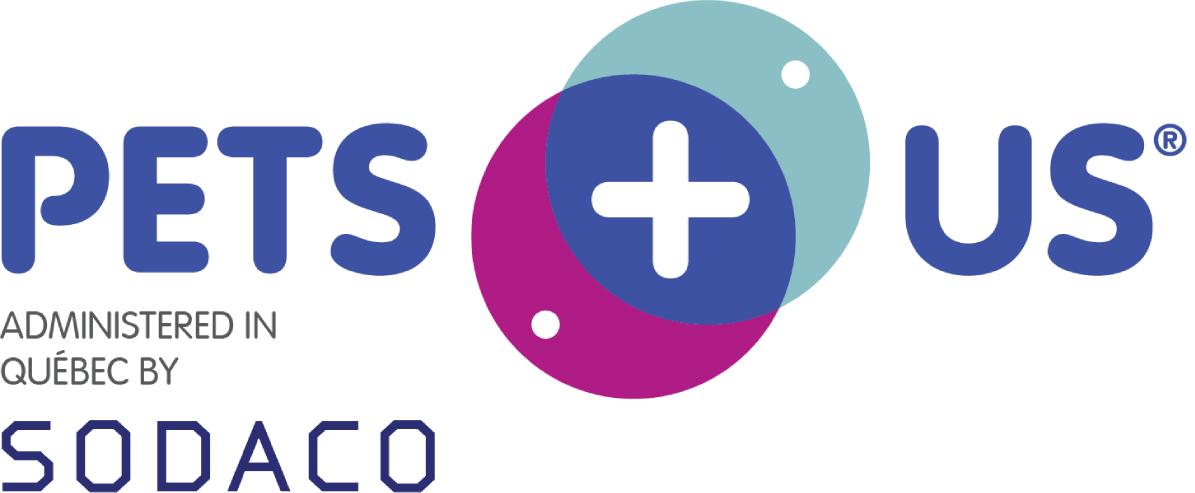Healthy Pet Diet Choices and Warnings
Just as with people, diet is directly related to the health of our pets. Pet food is a multi-billion-dollar industry, and pet food companies want to fill every possible marketing niche. There are golden retriever diets. There are poodle diets. There are Persian cat diets. With so many choices when it comes to feeding your pet, the options can get very confusing. It's important to appreciate that a dog is not a cat and a cat is not a dog. Each species has specific needs and nutritional requirements.
Dogs are omnivores and can get the nutritional requirements from either meat or from vegetables, but cats are obligatory carnivores and require specific amino acids only found in meat. Amino acids are the many components of protein, and each species has very specific needs. Even if an owner is a vegetarian or a vegan, they cannot ask their cat to do the same without the animal becoming seriously ill or dying.
In Canada, we have a wide variety of nutritious foods available for our pets, and it's not difficult to find one that your pet likes and is good for them. However due to relatively lax labeling laws in Canada, your best option is to ask your veterinarian about food products instead of comparing labels on your own. Veterinarians, unlike pet store employees, have extensive training in nutrition and are a good source of knowledge on what your pet requires for their diet.
With both people and pets, we often express our love through food. One unfortunate side effect of this is we over feed our pets. Over 40% of pets are obese, which leads to many medical problems including diabetes, pancreatitis, exacerbating arthritis, heart disease, and even premature death. If your veterinarian recommends that your pet needs to lose weight, it's important to follow that advice in order to keep your pet healthy and to keep your pet as part of your life as long as possible. When it comes to weight loss, increased exercise is certainly a factor, but lowering the amount of food your pet eats is far more important. With cats who need to lose weight, a special weight loss diet will likely be required. With dogs, however, simply feeding fewer calories in the form of food and treats can be very effective without the use of a special diet.
Treats are a leading cause of obesity and should be limited. When giving treats, it is usually best to avoid using human food. Many human foods are potentially lethal to animals, including but not limited to grapes, raisins, candy, chocolate, and even macadamia nuts. Another seemingly innocent habit might be to allow your dog to clean up the pan after a roast; however, these left over juices are almost pure fat and can trigger what is called pancreatitis, which means inflammation of the pancreas, a very painful and potentially fatal disease. Even if your dog does survive this emergency, it will likely have to be on a special low-fat diet for the rest of its life. It's far better to avoid it altogether. If you still insist on giving our pet a morsel of food, limit it to meat, and then only serve it to them in their own dish with normal dog food to prevent begging, which is a bad habit that can be a major annoyance for you and your guest.
If your pet suffers from a chronic medical condition, it may be related to their diet. For example, chronic skin disease or diarrhea can be caused by a specific protein exposure in the food. Your veterinarian can provide guidance as to whether a change of diet could be the solution. If your pet
is put on a special hypoallergenic diet to determine if the disease is aggravated by food, you have to be strict and you must stick to the diet. In most cases, the new diet trial will last about 3 months. This can be very difficult to do, particularly if you have more than one pet, but it is critical to follow for a proper diagnosis. If you stray off the diet just once with a few treats, you're going to have to start all over again.
Some owners may wish to feed their pets so-called raw diets. These diets started originally to avoid the risk of artificial preservatives in commercial pet food. However, very few commercial pet foods still contain artificial preservatives. Furthermore, there are some concerns with these raw diets on their own. Firstly, because they're raw, the uncooked foods have significant potential to harbor nasty bacteria like salmonella or ecoli, which can make a pet very ill. Secondly, every pet food must offer a
balanced nutritional intake of micro nutrients, and this can be difficult to determine with these kinds of raw food diets. If you don't want to feed a commercial pet food, then ask your veterinarian for a balanced diet recipe that comprises only human food, allowing you to cook for your pet at home. This ensures the food is balanced and the risk of bacteria has now been minimized.
How can Pets + Us help? We have some diet tips at PetsPlusUs.com, including foods that might be dangerous, table scrap feeding, and some more recipes. Take a look at our Pet Health Library for some healthy tips.
